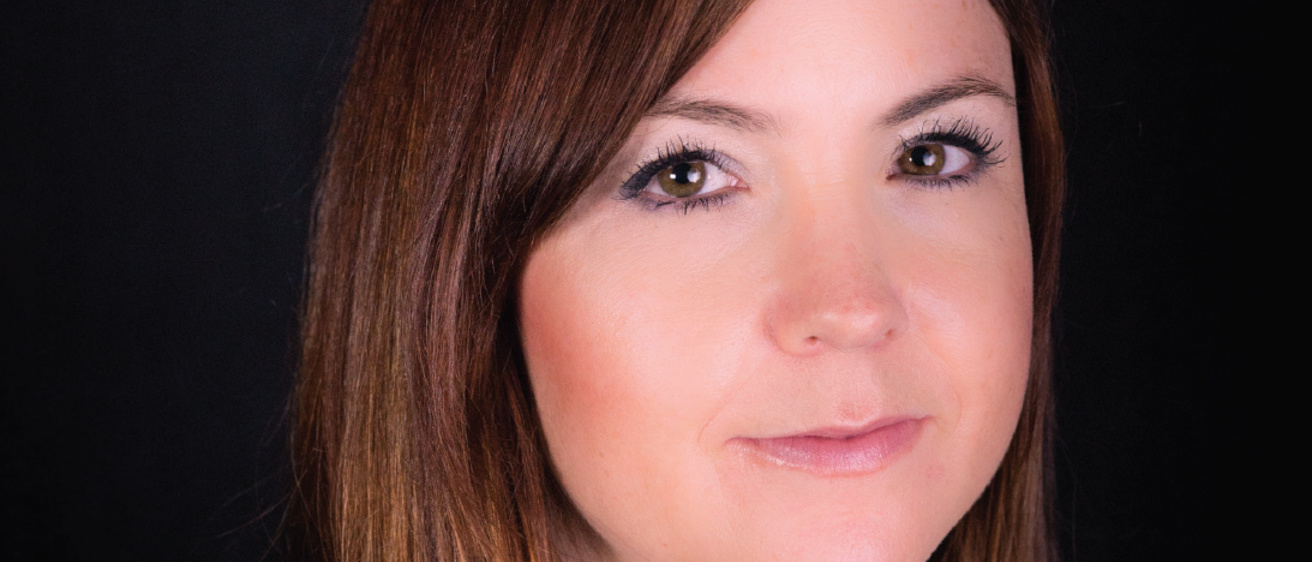Fostering environments of resilience
When children come to school, they don’t leave their home life behind. Sometimes, they come to the classroom from abusive or adverse home situations where that part of their lives impedes their ability to learn at school.
For everyone working in the field of education, it becomes imperative to appropriately meet the needs of these students and their unique lives. In order to do that, research into creating accommodating environments in schools holds immense value.
Armeda Wojciak, an assistant professor in the UI College of Education Couple and Family Therapy program, originally from Las Vegas, Nevada, researches this often-challenging area. Her focus is on improving academic and other outcomes of students with adverse childhood experiences. Being resilient in the face of adversity can be developed by children, given the right environment and adult influences.
“Kids are resilient by nature,” says Wojciak. “One of the biggest predictors of resilience is having a caring adult. Schools can be that place where they learn the resilience that can carry them through anything.”
Wojciak, who has a background in couples and family therapy, conducts her research in both school systems in Iowa and the state’s child welfare system. A huge part of improving outcomes within these two systems involves finding the best ways to strengthen communication between all involved, particularly between parents/guardians and the student, as well as among siblings within households.
Along with her colleague, Clinical Associate Professor Carol Smith, Wojciak has helped develop a trauma-informed intervention in one school district in Iowa, with a few others serving as “control schools” for the purpose of their research. This helps to train teachers, para-professionals, and others in the school system to understand what the adverse effects of these situations can be and how to address them mindfully.
“We give them tools for how they can then create a safe environment in their classroom and how they can build relationships,” says Wojciak. “We’re changing the mindsets of teachers and staffs at schools, saying ‘Here’s things you can do right now with a kid in your classroom that can help build their resilience.’ We focus on building resilience through relationships, student regulation, competence, and promotion of health.”
“We give them tools for how they can then create a safe environment in their classroom and how they can build relationships.”
- Armeda Wojciak
The intervention being used as part of Wojciak’s research is in high demand. She says she receives regular requests for this approach to be used in schools. She regularly spreads information about this approach at conferences, including speaking at the Governor’s Public Health Conference.
The next step with this intervention method will be to compile the approach in a manual. Wojciak says funding for that effort is being sought in order to meet the demand for it. A training for trainers in this intervention is also in the works.
“What we do is help to provide the skills and tools to be able to help teachers deal with things that they’re already dealing with,” says Wojciak. “We do it in a way that’s empowering and that creates community.”
Read more from the 2016-17 College of Education Annual Report.
